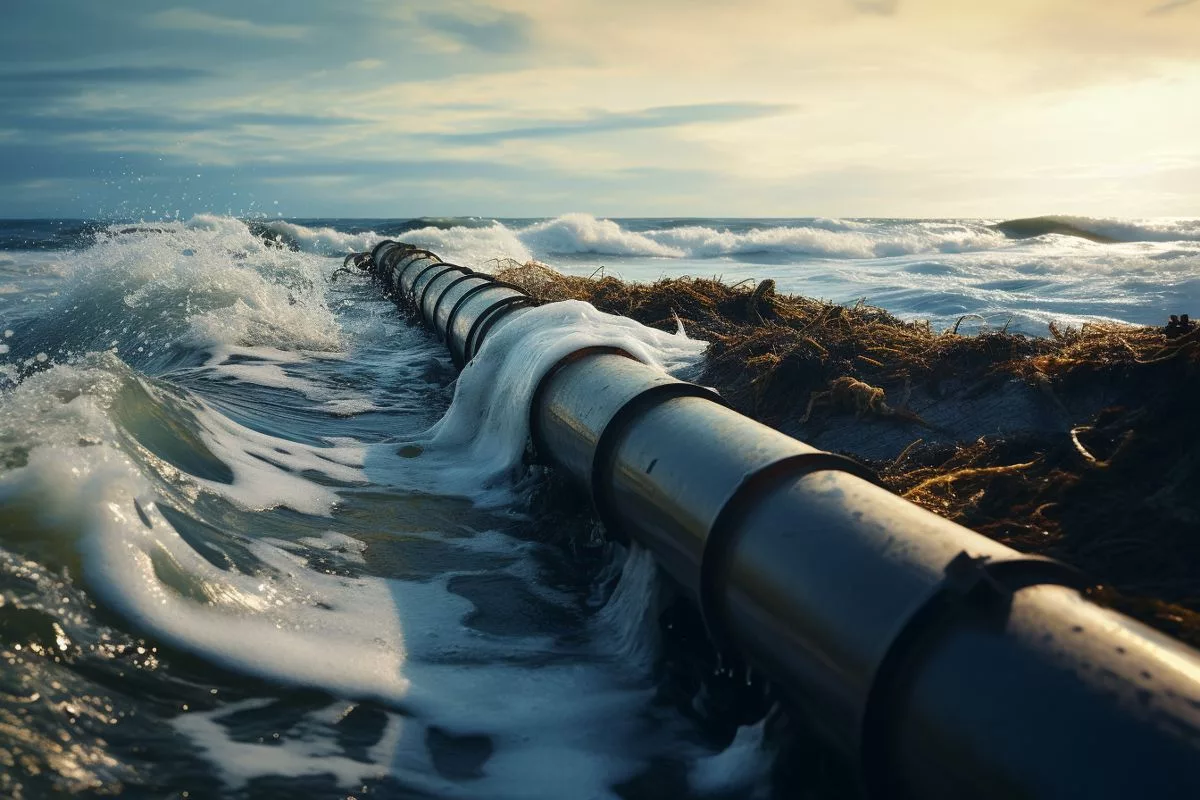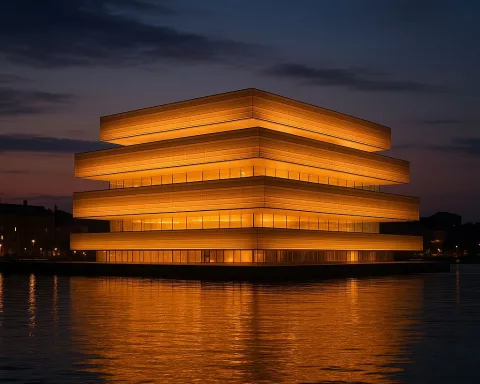Cape Town is embroiled in a sewage controversy, accused of polluting the surrounding waters of Hout Bay, Green Point, and Camps Bay by discharging unprocessed sewage into the ocean through pipelines. Despite being granted permits by the Minister of Forestry, Fisheries, and Environment, the city has breached the constraints outlined in the permits multiple times, resulting in serious environmental and legal implications. The city is now looking into treating sewage before discharging it into the sea or redirecting it to existing treatment facilities.
What is the sewage controversy in Cape Town about?
Cape Town has been accused of polluting the waters of Hout Bay, Green Point, and Camps Bay by discharging unprocessed sewage into the ocean through pipelines. Despite being granted permits by the Minister of Forestry, Fisheries, and Environment, the city has breached the constraints outlined in the permits multiple times, with one instance seeing the release of 12.5 million liters of sewage in a single day. This has resulted in serious environmental and legal implications, and the city is now looking into treating sewage before discharging it into the sea or redirecting it to existing treatment facilities.
The Issue at Hand
Cape Town, hailed for its stunning seascape panoramas and scenic beauty, finds itself embroiled in controversy. The city stands accused of polluting the surrounding waters of Hout Bay, a well-known coastal suburb. The offender? Sewage, discharged into the sea in quantities exceeding allowable levels and not adhering to the basic standards for effluent discharge.
The procedure is neither intricate nor secretive. Unprocessed sewage from Hout Bay is compelled through a grid three millimeters in diameter, effectively straining solid matter, then shuffled off through a pipeline stretching 1.7 kilometers into the ocean. At a depth of 37 meters, this pipeline unloads its undesirable contents into what once were unspoiled waters. Hout Bay is merely one of three locations in Cape Town where this practice takes place, with Green Point and Camps Bay being the other two.
Permit Issues and Public Participation
The outfalls in the discussion were granted permits by the Minister of Forestry, Fisheries and Environment (DFFE), Barbara Creecy, during the period from 2019 to 2023. Subsequent to the permit issuance, Creecy instructed the City to kickstart a public participation initiative, enabling citizens to express their views and concerns about these permits. However, the city’s adherence to the terms of these permits is now under scrutiny.
ActionSA provincial chairperson, Michelle Wasserman, spearheaded an investigation that uncovered a harsh reality. Using the Promotion of Access to Information Act (PAIA), Wasserman discovered that the city had persistently breached the constraints outlined in the Hout Bay marine outfall discharge permit. Alarmingly, for 104 out of 181 days in the first half of this year, the city dumped sewage surpassing the maximum daily limit of five million liters. The most shocking of these instances saw the city releasing an astounding 12.5 million liters of sewage in a single day, exceeding the pipeline’s designed maximum capacity of 9.6 million liters.
Environmental and Legal Implications
During this six-month period, the volume of sewage dumped into the Hout Bay waters exceeded one billion liters. This figure drastically deviates from the permitted maximum of 905 million liters, creating serious environmental and legal implications.
The poor quality of the sewage further exacerbates these issues. Tests show elevated levels of suspended solids, chemical oxygen demand, and pH. In certain cases, these parameters were not even measured, and the city failed to disclose results for the presence of dangerous elements such as arsenic, cadmium, calcium, copper, chromium, cyanide, or mercury.
Further compounding the violations, the city did not set up or join a permit advisory forum, a requirement stipulated by the permit granted by the DFFE in 2019. This regulatory body, intended to convene quarterly to discuss permit breaches, monitoring, and reporting obligations, never materialized, according to Wasserman.
The gravity of these infringements is profound. By not adhering to the permit conditions, the city may have violated the Integrated Coastal Management Act of 2008, a grave infraction necessitating police investigation, as demanded by Wasserman.
City’s Response and Future Course of Action
In response to this crisis, City water and sanitation Mayco member Zahid Badroodien has reaffirmed the city’s dedication to operating within the confines of the current permits and license conditions as issued by the Department of Water and Sanitation/DFFE. The city also openly supported Minister Creecy’s directive for public participation in the permit approval process.
Looking to the future, the city has initiated a study to investigate the practicality and expense of treating sewage before it’s discharged into the sea or redirected to existing sewage treatment facilities. A preliminary report for this study is currently under examination, and the city has pledged further public involvement regarding the outfalls once the report is finalized.
The ongoing sewage debacle in Cape Town underscores the hurdles cities face in waste management, the criticality of regulatory compliance, and the necessity for transparency and accountability in city administration. The city’s resolution of this crisis will unquestionably have far-reaching consequences for its image, its citizens, and the future of its beloved marine environment.
1. What is the sewage controversy in Cape Town about?
Cape Town has been accused of polluting the waters of Hout Bay, Green Point, and Camps Bay by discharging unprocessed sewage into the ocean through pipelines.
2. Who granted permits for the sewage discharge?
Permits were granted by the Minister of Forestry, Fisheries, and Environment, Barbara Creecy, during the period from 2019 to 2023.
3. What are the environmental and legal implications of the sewage discharge?
The sewage discharge has resulted in serious environmental and legal implications. The poor quality of the sewage, exceeding allowable levels and not adhering to the basic standards for effluent discharge, further exacerbates these issues.
4. Has the city breached the permit constraints?
The city has breached the constraints outlined in the permits multiple times, resulting in serious environmental and legal implications.
5. What is the city’s response to the sewage controversy?
City water and sanitation Mayco member Zahid Badroodien has reaffirmed the city’s dedication to operating within the confines of the current permits and license conditions as issued by the Department of Water and Sanitation/DFFE. The city has also initiated a study to investigate the practicality and expense of treating sewage before it is discharged into the sea or redirected to existing sewage treatment facilities.
6. What is the future course of action?
The city has pledged further public involvement regarding the outfalls once the report on the study to investigate the practicality and expense of treating sewage before it is discharged into the sea or redirected to existing sewage treatment facilities is finalized.








